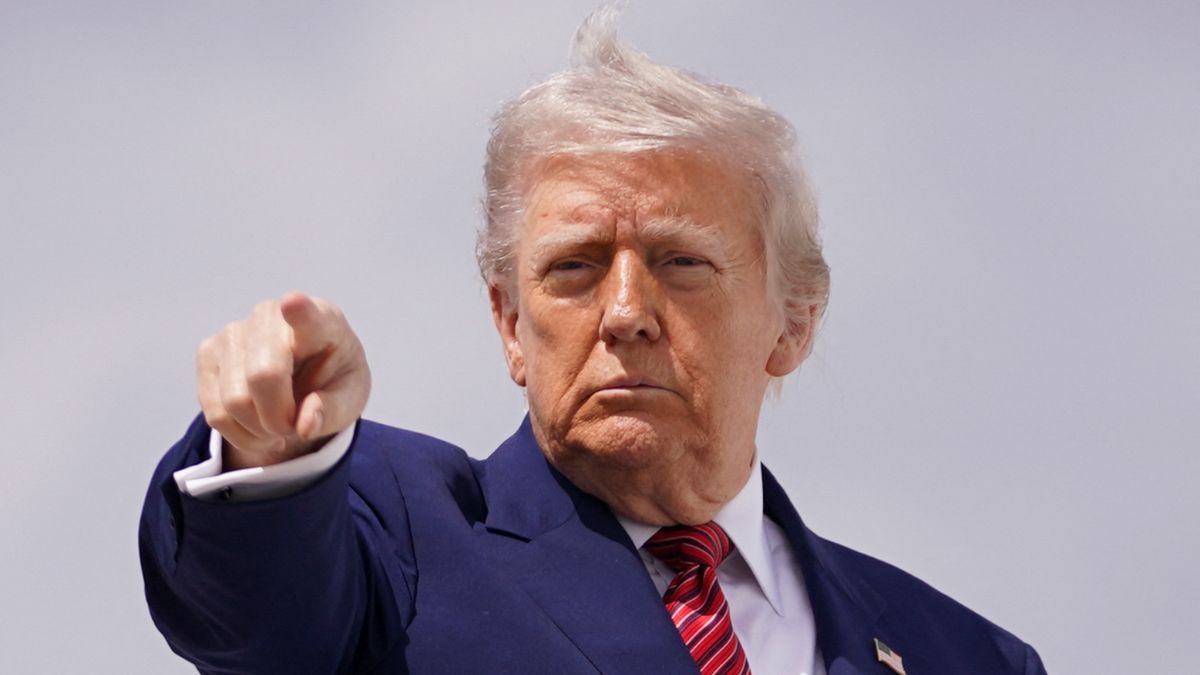‘Make in India, pay 25 per cent tariff’: Donald Trump warns Apple Inc
 US President Donald Trump | REUTERS
US President Donald Trump | REUTERS
After Donald Trump signed a series of executive orders to lift nuclear power in the United States, he said that Apple would have to pay tariffs on iPhones made in India that are sold in the US.
This came weeks after Apple CEO Tim Cook told investors that the tech giant expects a significant portion of its iPhones sold in the US to have India as its country of origin. During the same second-quarter earnings conference, he said that the existing tariffs that were relevant to Apple were based on the product’s country of origin.
However, Trump’s warning has bigger implications for India, especially as the world’s largest democracy is looking to clinch a major bilateral trade agreement (BTA) with its biggest trade partner.
“…I expect their iPhones that will be sold in the United States of America will be manufactured and built in the United States, not India, or anyplace else,” posted Trump on his platform Truth Social.
MORE | Will India get a full reciprocal tariff exemption from US? Interim trade deal negotiations in final stages
“If that is not the case, a tariff of at least 25 per cent must be paid by Apple to the US,” he affirmed on the post.
Ever since Trump slapped massive tariffs on China (since reduced), Apple has been looking at alternative countries to set up iPhone production hubs in other countries.
So far, iPhone manufacturing facilities are being set up in India, while iPads, Macs, Apple Watches, and AirPods sold in the US are expected to come from Vietnam in the June quarter.
The US President has been urging Apple to shift its iPhone production to the US, but market watchers are of the opinion that it will take a long time. The US assembly of iPhones is much more expensive than that of India.
Moreover, Apple has been successful in covering the demand for iPhones in the US with its recent facilities in India. In fact, India has the potential to take on all the load of iPhone production in the coming years.
Yet, the 25 per cent tariff threat by Trump carries significant implications. New Delhi and Washington have been in talks for months to zero in on the trade deal between them. In the past few weeks, delegations from both countries met in Washington to finalise the first tranche of the BTA, and it is expected to be in place by July 8.
July 9 is when Trump’s 90-day grace period on the reciprocal tariffs ends. After that, India looks at a 26 per cent tariff on Indian goods, if the BTA is not in place.
If Trump wants to strongarm Apple, he could delay the first tranche of the BTA, thereby slapping India-made iPhones with the tariffs, along with other imports from the country.
Business